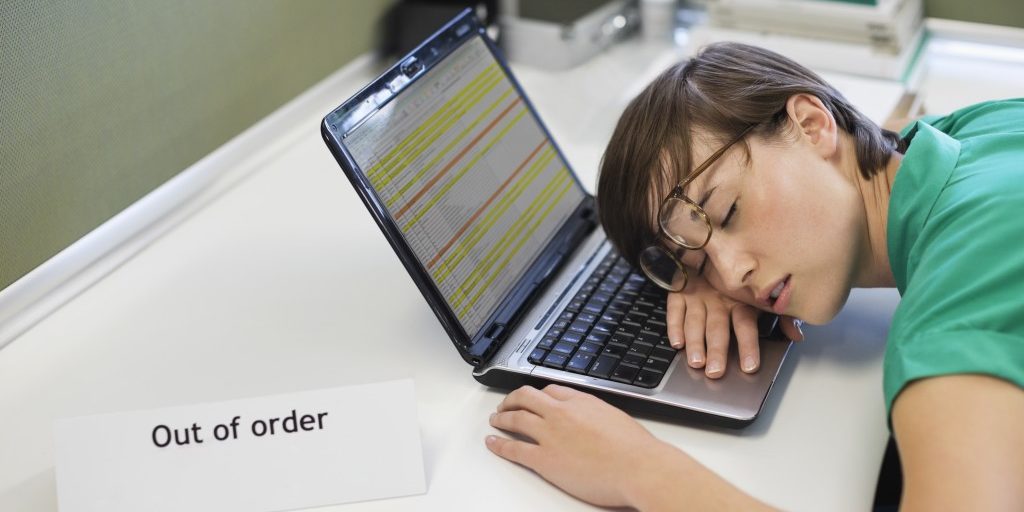In this technology filled era, many of us can be found with our eyes glued to glowing phone screens and fingers rapidly typing over keyboards. Instead of face to face interactions, we rely heavily on digital communication. We have fewer in person interactions which deprives us from true social conversation. Much of what is said is in abbreviated codes (LOL. TTFN) and designed to get a message across not necessarily to communicate on a personal level. Furthermore, technology not only leads to overstimulation in children as we are always reading about–but does so for adults as well. The constant presence of digital screens prevents us from truly relaxing and being at rest.
While there are certainly benefits to technology, it also takes away from our interpersonal connections with others. The dangers of “screensucking” are becoming more imminent in our current technology driven era. We are enraptured and absorbed by phones, computers, laptops, tablets, and more. According to Larry Rosen, professor of psychology at California State University, “These devices have an almost obsessive pull towards them.” This is especially concerning for younger generations who are losing the ability to hold a steady conversation in real life or to read social cues, skills that are fundamental to success.
Moreover, many individuals are becoming increasingly locked into a technological trance which drains their energy and reduces their productivity. With a number of digital devices at our fingertips, our productivity is reduced because these devices provide a constant source of distraction. What’s my new notification on Facebook? Did someone comment on my LinkedIn Profile? Who just uploaded a photo to Instagram? Apps designed to make our lives easier may in fact make our lives trickier. Do you stay up late watching movies, checking emails, listening to music? Do you find you are not getting the recommended hours of sleep each night? It’s easy to become obsessed with technology, but the cost is our relaxation and rest. We must prioritize our bodies and health first by taking periodic breaks from devices and becoming less dependent on technology. Getting back to embracing the real world, talking to each other, and giving our devices and us a rest. We do that by putting down our devices–preferably a few hours before bedtime–studies show we all sleep better if we have not been glued to the computer or our smartphones for several hours before going to sleep. Meditation before sleep and upon awakening have been shown to not only enhance our thinking a reasoning capabilities but also help to keep us out of that fight or flight mode during the day when we are faced with challenges at work or with family members.
Rachel Lee and Carmen Bryant








